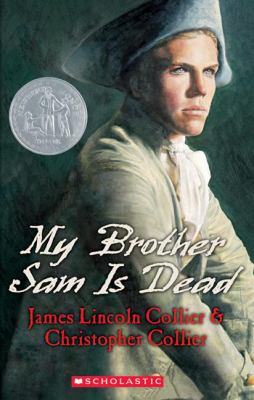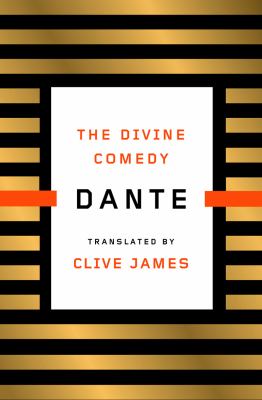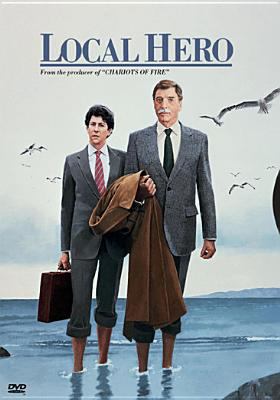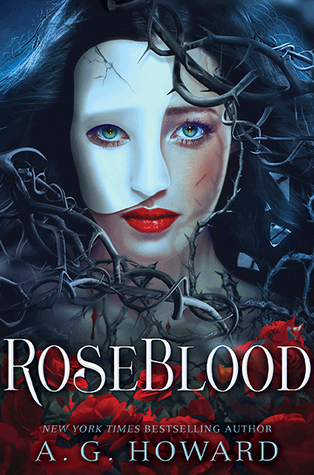 I was assigned to read this in my Social Studies class. Since we where learning about the American Revolution it was a fitting read for this topic.
I was assigned to read this in my Social Studies class. Since we where learning about the American Revolution it was a fitting read for this topic.
The book was about Tim Meeker. His brother Sam Meeker was enlisted in the American Revolution. The only problem was that his family disagreed with him. The Meeker’s were Tories which meant they where on the side of the British. The whole story is about how the war affects people.
I thought the first part of the book was a little boring. But just like all great books they pick up in the end. That is exactly what this book did. At the end of the book I realized it was a true story. Most of the things in the story where real.
Early in the book Tim was a young boy. In the first chapter he got so excited when he was going to milk Old Prue which was a cow. Since his brother did it he thought it was so cool when he saw Sam do it. Of course it wasn’t as cool as he thought it was. I thought this sequence showed how little brothers always look up to there older brothers.
Later in the book Tim was working in the family tavern and sometimes he would get unsurprising visits from Sam. Sam wouldn’t come all the time of course. He would just come once or twice in about two years.
When you picked up the book from the start to end you could really see how much Tim progressed from a child into a adult. You could really see him take charge after his brother was gone off into the war. Another main theme in the book was violence. Readers are really opened up how the war just doesn’t affect the soldiers it affects everybody.
The town of Redding (which is the town Tim is from) is affected a lot because they have a lot of cattle and the soldier need it because there hungry.
-Max U.
My Brother Sam Is Dead by James Lincoln Collier is available for checkout from the Mission Viejo Library.


 Mack and his boys are living in the flophouse that they bought from Lee Cong, a Chinese grocery man with a pair of judicious eyes. Except for some special occasions, they just stay home and play with their dog, Darling, a puppy who was never housebroken. Their favorite thing changed from drinking whiskey to catching frogs for their best friend Doc.
Mack and his boys are living in the flophouse that they bought from Lee Cong, a Chinese grocery man with a pair of judicious eyes. Except for some special occasions, they just stay home and play with their dog, Darling, a puppy who was never housebroken. Their favorite thing changed from drinking whiskey to catching frogs for their best friend Doc.
 After viewing Local Hero, February’s movie that was shown at City Hall, adjacent to the Mission Viejo Library, I realized that even though some movies may have been made many decades before and have a distinct feel, they still remain contemporary and topical to this day. Local Hero is one of these such movies.
After viewing Local Hero, February’s movie that was shown at City Hall, adjacent to the Mission Viejo Library, I realized that even though some movies may have been made many decades before and have a distinct feel, they still remain contemporary and topical to this day. Local Hero is one of these such movies.


 If you can visit Oklahoma back in the 1980s, you might have seen the gangs called the Greasers and the Social. Greasers, earn their name from the grease used to style their hair–enough to supply you to cook with for about two days. Life is unfair? No, it’s just too far to the Social, for their parents feed them money every day so that they are too full to stand up, walk to the fridge and grab a piece of bread to eat as lunch.
If you can visit Oklahoma back in the 1980s, you might have seen the gangs called the Greasers and the Social. Greasers, earn their name from the grease used to style their hair–enough to supply you to cook with for about two days. Life is unfair? No, it’s just too far to the Social, for their parents feed them money every day so that they are too full to stand up, walk to the fridge and grab a piece of bread to eat as lunch.